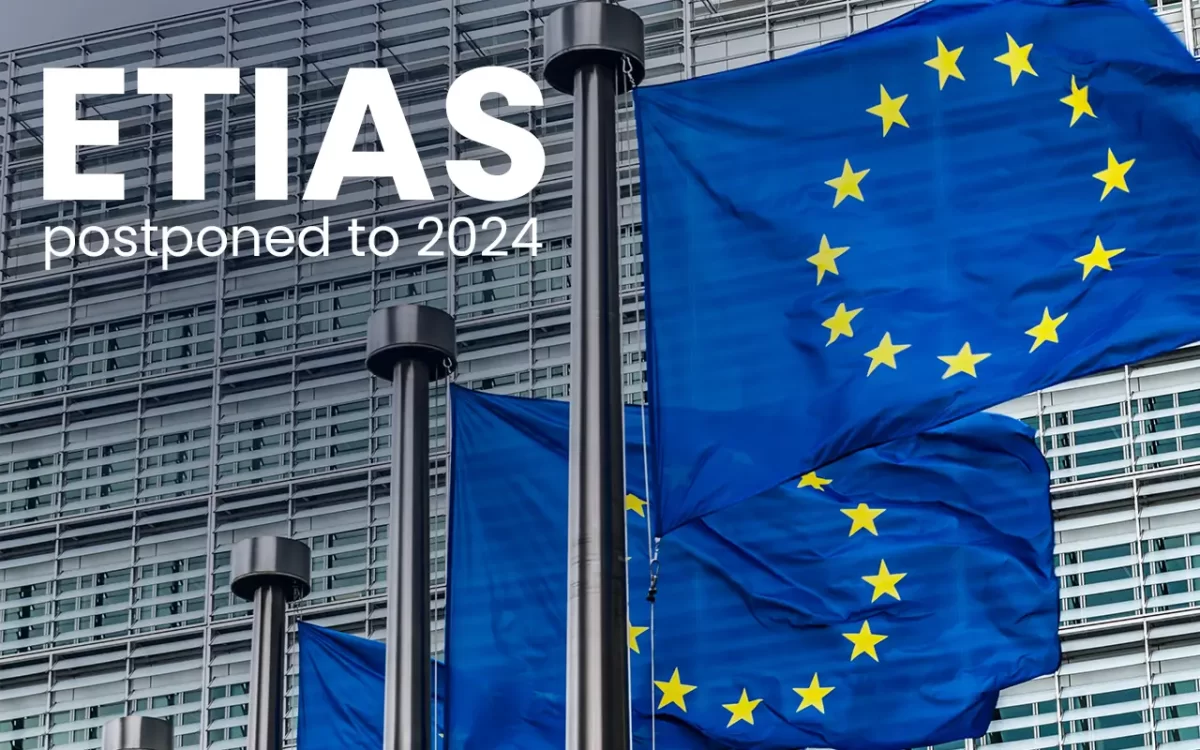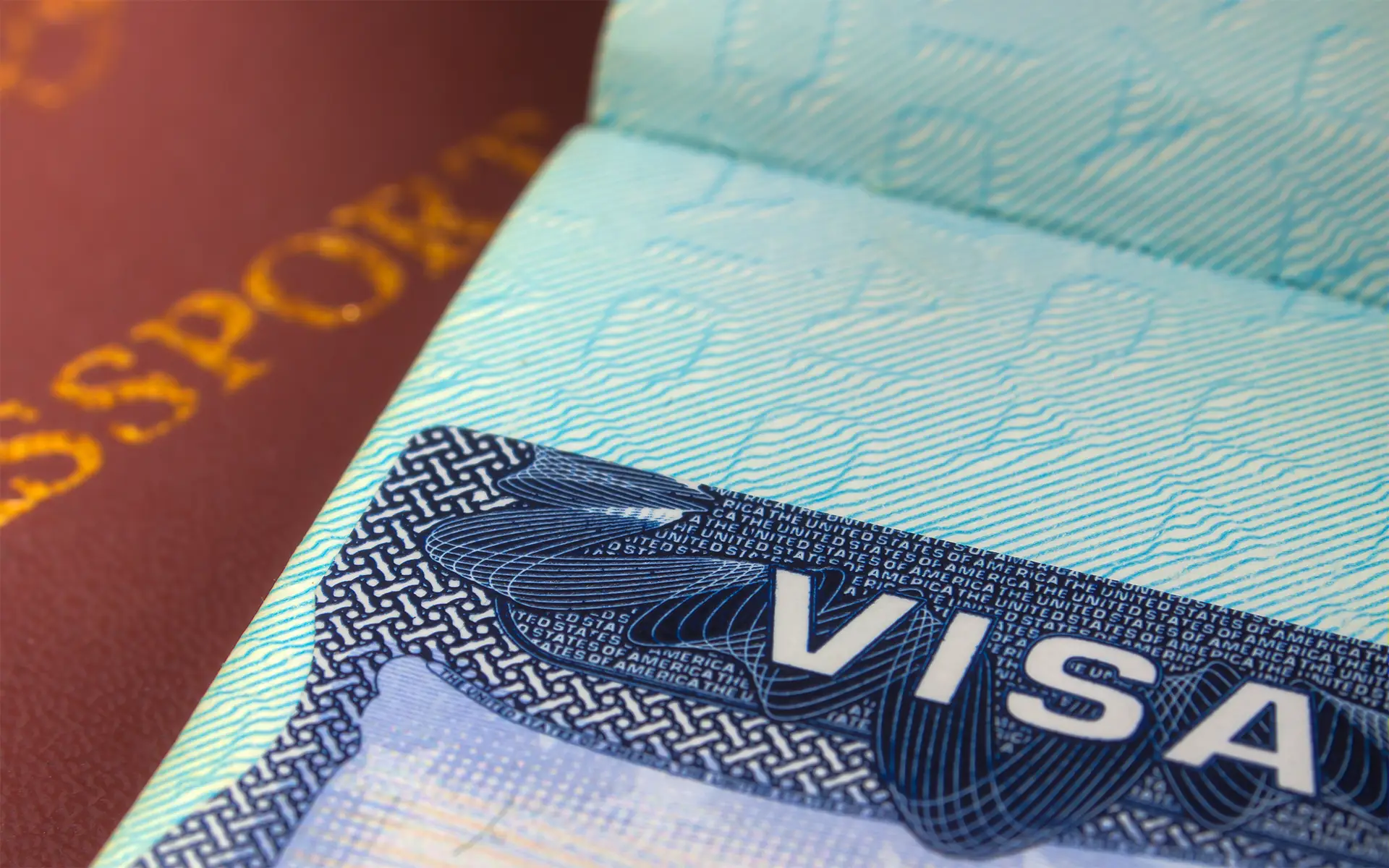
The launch of ETIAS has been postponed to 2024
According to the European Union’s website, the launch of the new European Travel Information and Authorization System (ETIAS) has been rescheduled to 2024. This is the fourth time that the ETIAS expected launch date was changed. The reason for the postponement has not been disclosed.
ETIAS has been in development since 2018, after the ETIAS Regulation 2018/1240 was approved in September and became effective in October that year.
ETIAS was first proposed in April 2016. The project consists of an automated IT system specially created to carry out advanced verification processes on visa-exempt, non-EU nationals who want to travel to the Schengen area. By checking the applicant’s information against multiple databases, the system will be able to detect security, irregular migration, or high epidemic risks very quickly.
In fact, the application process —which consists of filling an online form with personal and travel information— is expected to take a few minutes in most cases, 96 hours at most, provided that additional information or documentation is not needed. In this case, it can take up to one month to complete the ETIAS travel authorization. Sometimes, even an interview with national authorities will be required.
This way, ETIAS will help reinforce the security and avoid bureaucracy and delays at the EU borders.
ETIAS is part of the European Security Union and will serve the objectives of the European Agenda on Security and Migration.
The ETIAS application will have a fee of €7, except for family members of EU nationals or non-EU citizens with a right of free movement in the EU, such as nationals of Iceland, Liechtenstein, Switzerland, and Norway.
If approved, the non-EU, visa-exempt travelers will have a travel authorization that will allow them to enter the Schengen area for short-stays of 90 days in any 180-day period. The ETIAS travel authorization will be mandatory and requested by guards at border controls along with other travel documents. Once obtained, it will be valid for three years or until the holder’s passport expires.
The European Agency for the operational management of large-scale IT systems in the area of freedom, security, and justice (eu-LISA) is in charge of the development of ETIAS.




































































































